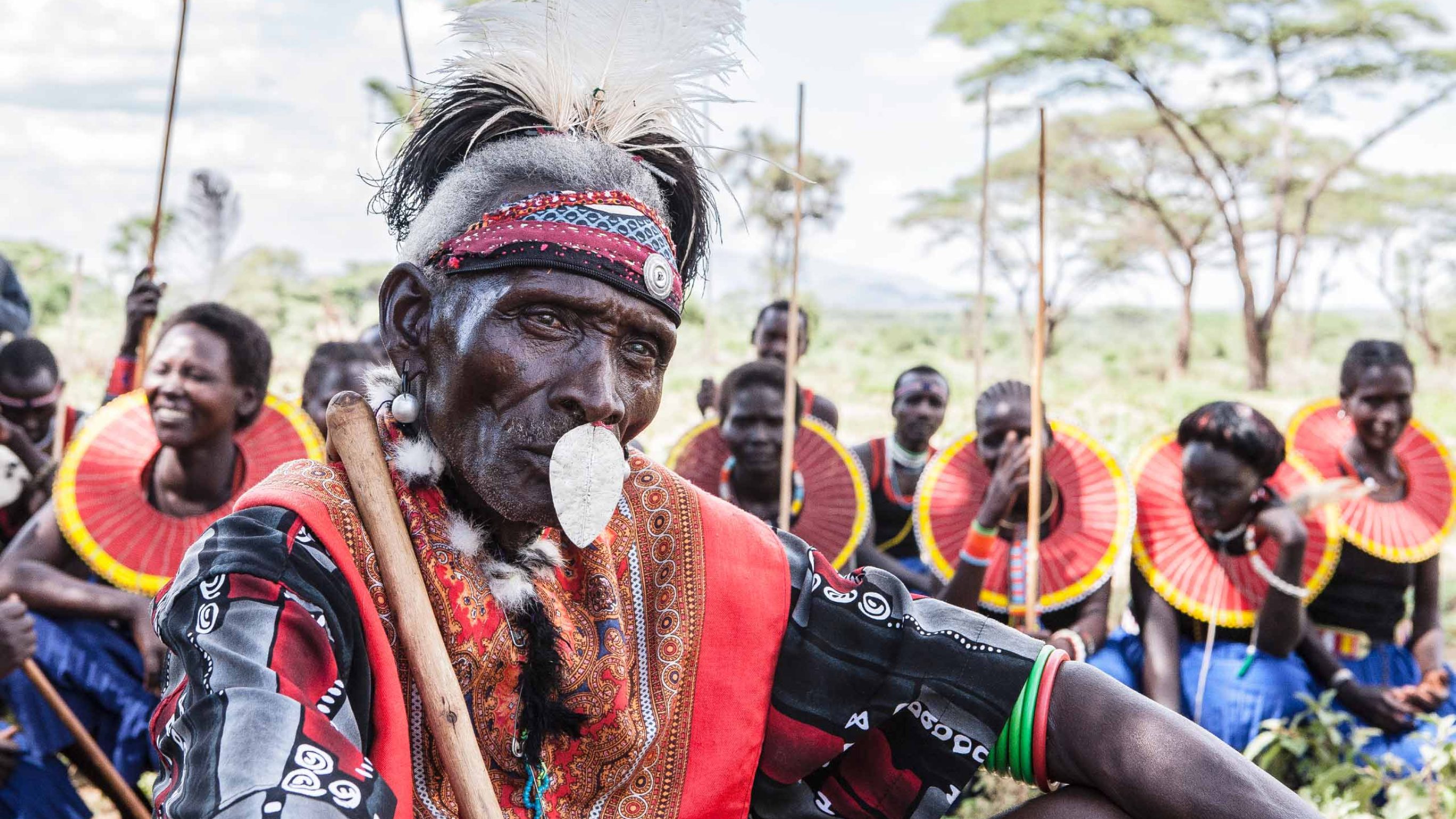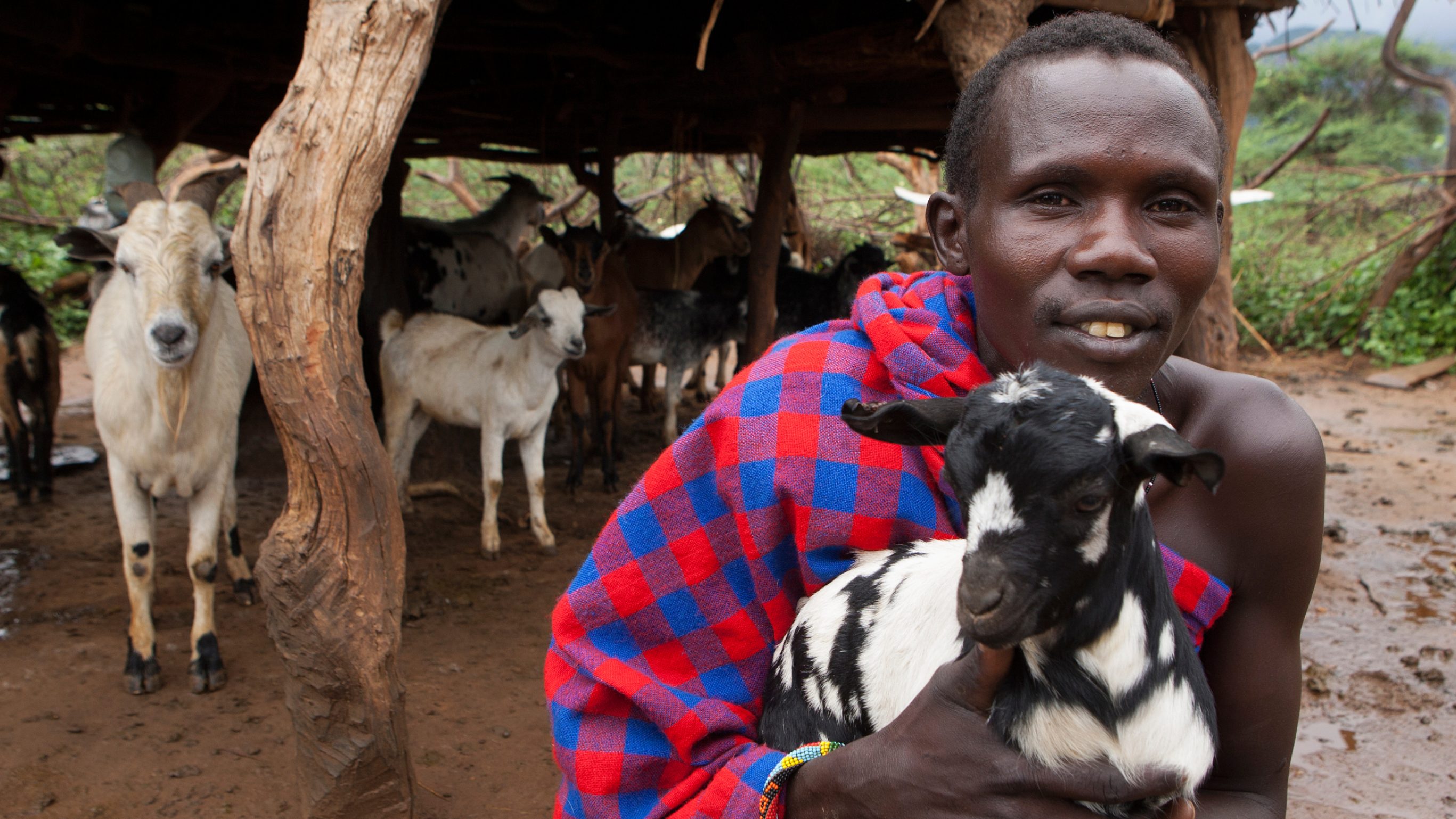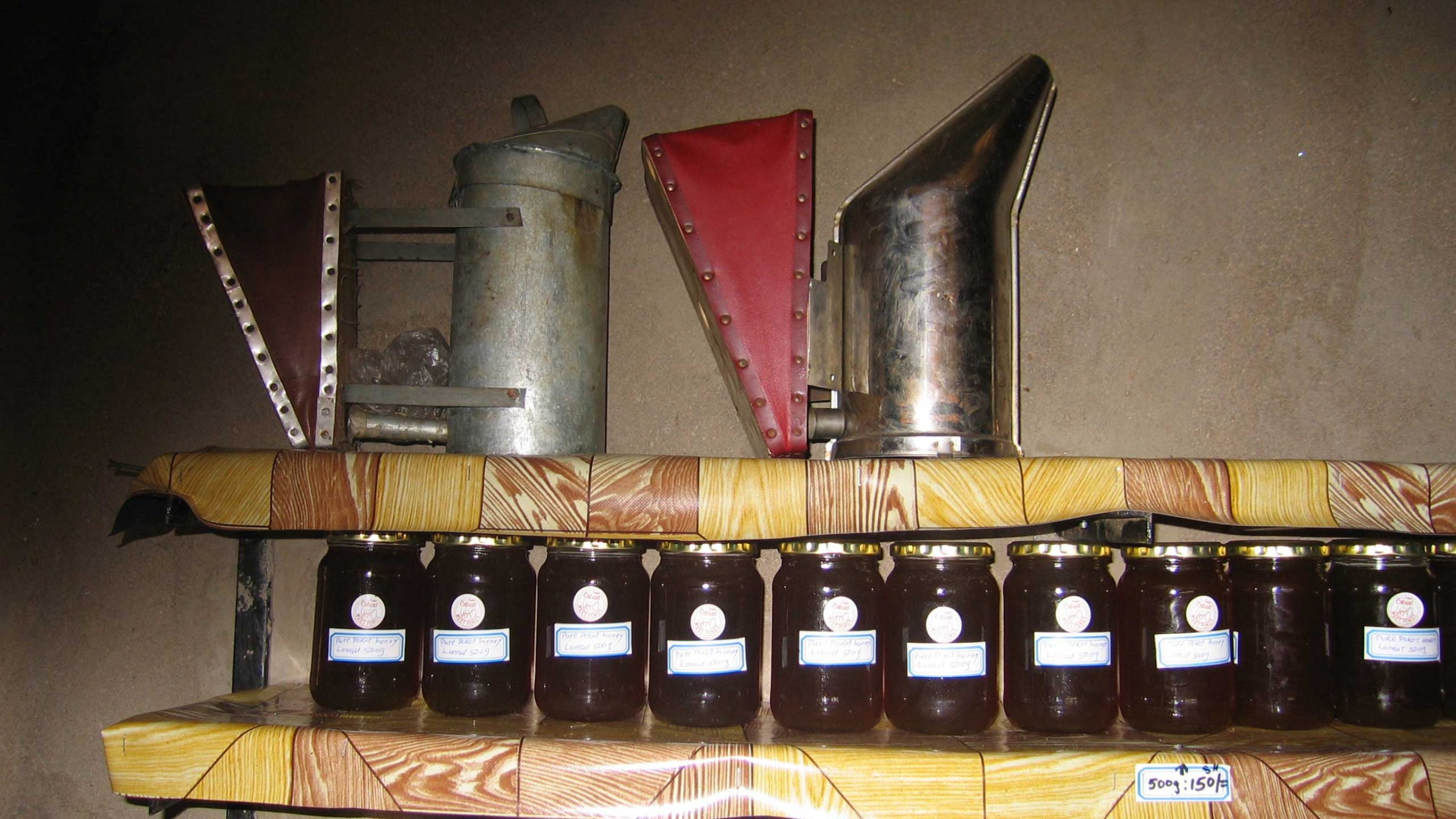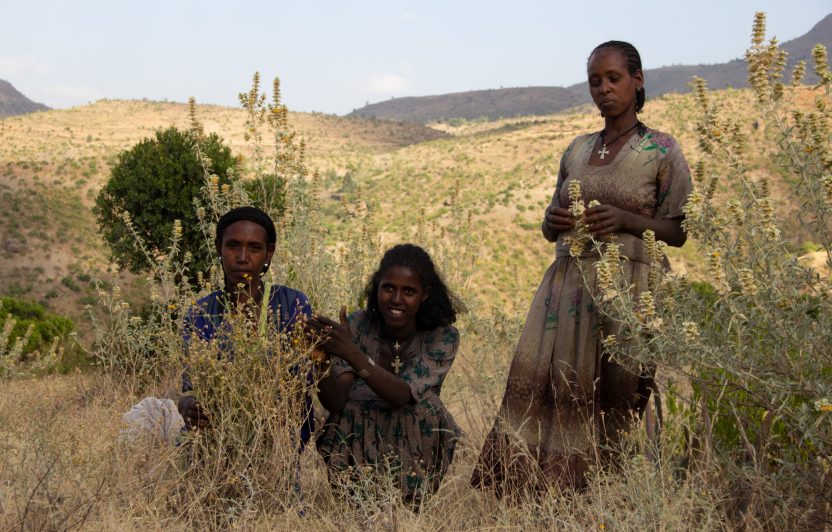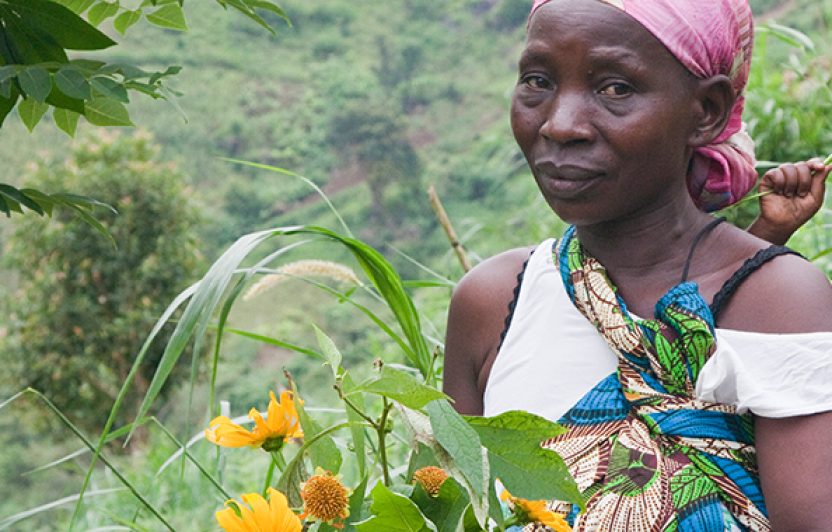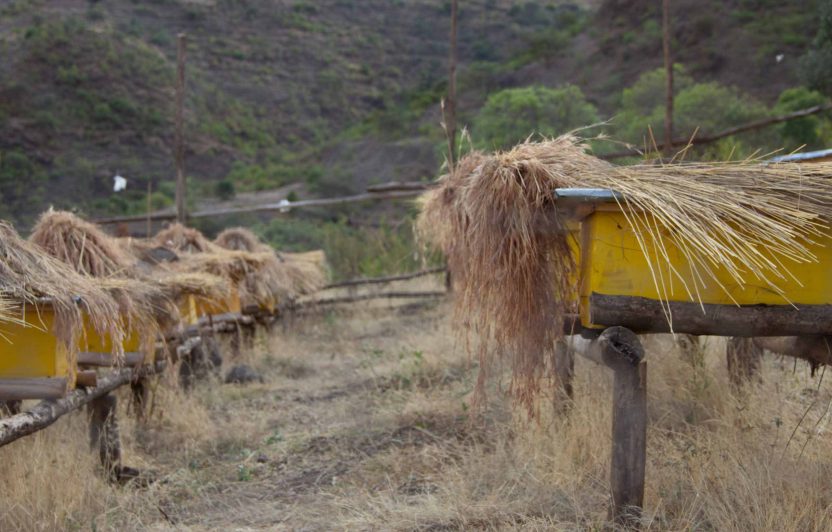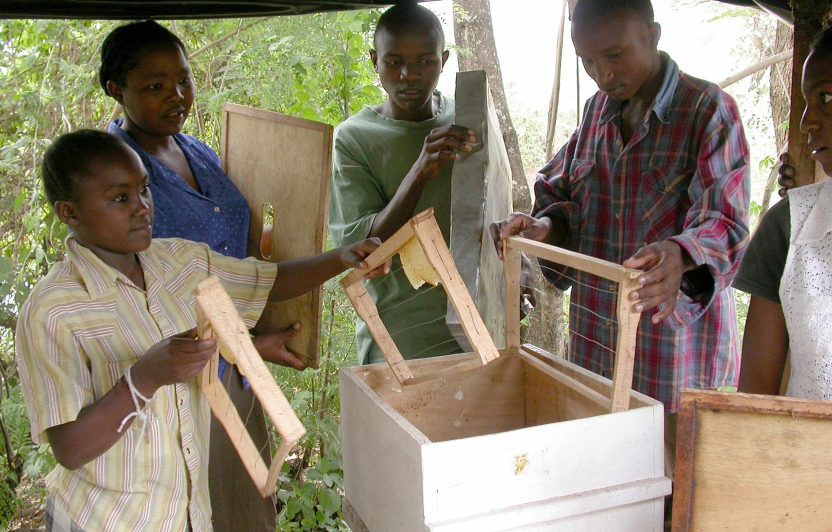How beekeeping changed my life.
Two small, sparsely furnished circular houses and an enclosure with 33 goats; such was the home of Chemunung and Peter Lopus in December 2006 when I last visited them. Their life in the remote Kerio Valley in West Pokot was not easy. Despite that, they radiated happiness because Chemunung had been delivered of a healthy boy three days earlier.
12 years later, last July, I visited the family again. They are now living further away from the village. When I entered the enormous yard with three spacious houses and a store, the couple came up to me with beaming smiles. “Do you remember”? says Chemunung pointing to a boy in a green T-Shirt. “That is Kibet.” When you last visited, he was three days old and I gave him his bath outside in front of the house”.
The couple now own a cow, a bull and four other cattle, 119 small domestic animals and an impressive array of chicken. They have bought a motorbike that Peter rides to take the honey harvest to the collection point in Lomut. Since 2004, he has been part of the Biovision project “Cabesi” and has learned how to produce pure honey. Peter started with five beehives and now has 35. In a good season he can produce half a ton of quality honey that he sells at a stable price at the Cabesi Marketplace for about 90,000 Kenyan shillings (about 800 Swiss Francs). “Honey is a secure source of income,” he says. “Even if the livestock die, the bees still continue to collect pollen and make honey”. Peter knows what he is talking about as during the last drought, he lost 7 cattle and 37 smaller animals. Fortunately, his livestock numbers have recovered.
Despite their success, Mr and Mrs Lopus still hold onto their simple life in the bush and their careful way of working. The profit from the lucrative honey business is invested cautiously. It allows all the children, including the girls, to complete their schooling. In West Pokot, that is not a matter of course. In addition, they are continuing to expand and Peter has already made 10 new beehives. This will allow them to improve their lives further and if the harvests collapse in the semi-arid Kerio Valley because of a lack of rain, they will have money to buy food.
As I leave, Chemunung presents me with a live hen. I am touched and I have no choice but to accept the gift. I ease my conscience with the realisation that the couple have achieved success and taken control of their lives.
